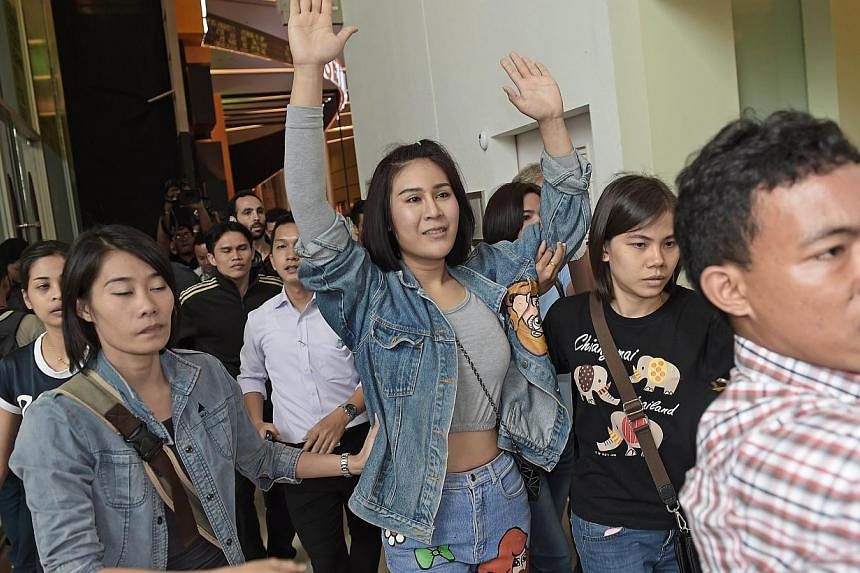BANGKOK (Reuters) - Thailand's martial law will not be lifted for the foreseeable future, the justice minister said on Friday, despite an earlier pledge to lift the law in some provinces to help the tourism industry that has struggled since a military coup in May.
The announcement comes as Thailand prepares to enter its peak tourism season, over the Christmas and New Year period.
The tourism sector accounts for nearly 10 per cent of gross domestic product. Thailand expects around 25 million tourists this year, down a million from 2013, the government said this month, thanks in part to protests in Bangkok that kept many visitors away.
The army imposed martial law nationwide in May, days before it took power in a coup that it said was necessary to end months of street demonstrations aimed at ousting Prime Minister Yingluck Shinawatra.
"Martial law is necessary and we cannot lift it because the government and junta need it as the army's tool," Thai Justice Minister Paiboon Koomchaya told Reuters. "We are not saying that martial law will stay in place for 50 years, no this is not it, we just ask that it remain in place for now, indefinitely."
All political protests are banned under the law, but that has not stopped some university students from staging protests against the junta this week by flashing a three-finger salute, a gesture adopted from The Hunger Games films.
General Paiboon denied that the law, which puts security in the hands of the army with sweeping powers to detain people, was being abused.
"The law does not violate anyone's rights," he said.

